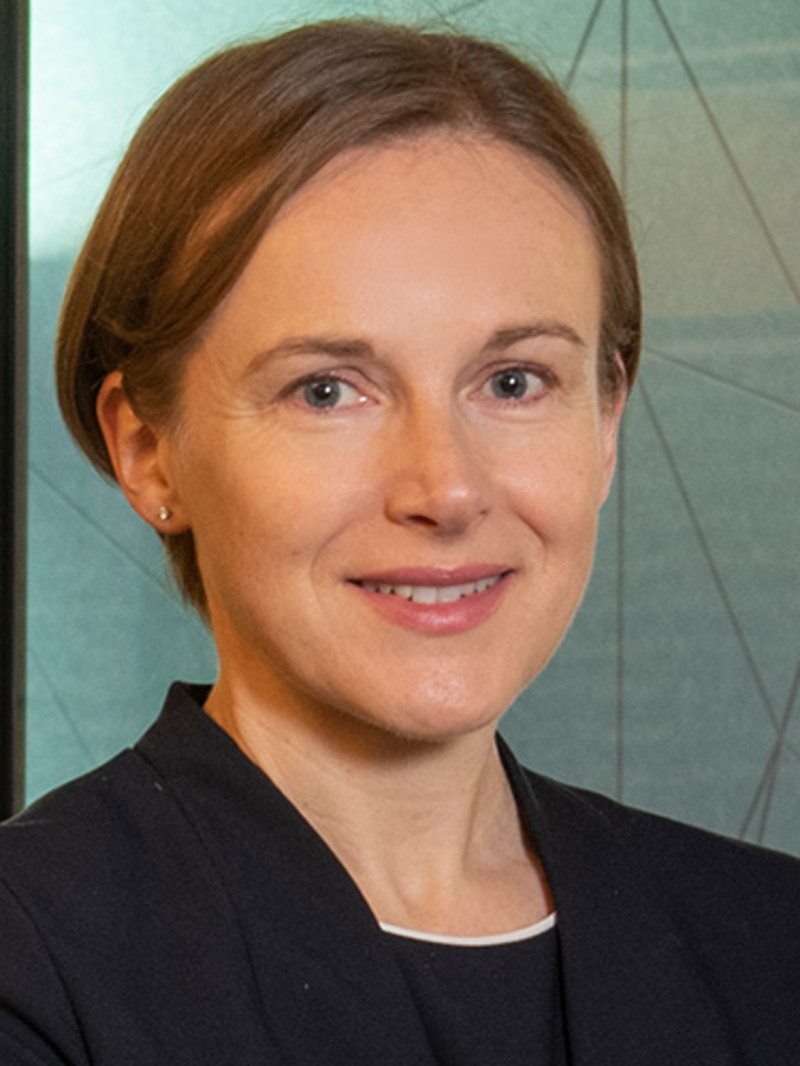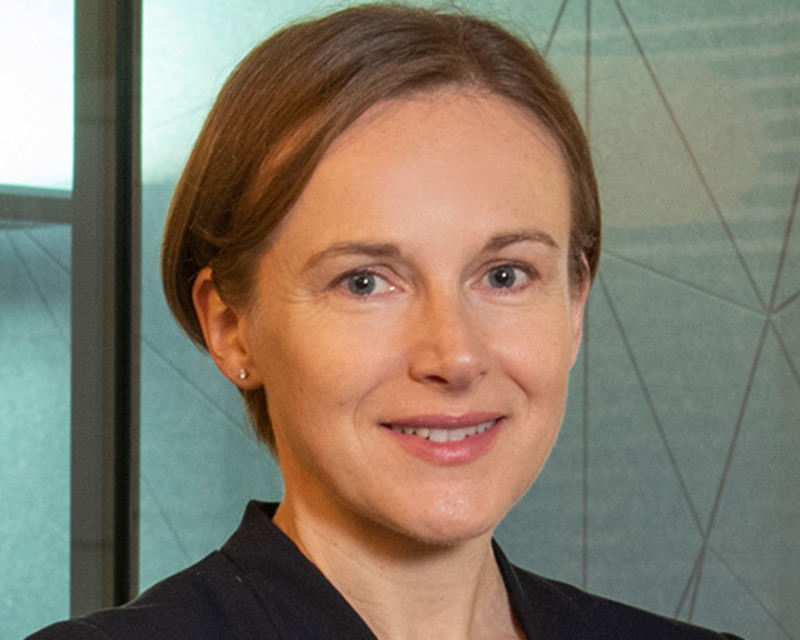

SI Dilemma: Who gets to decide what is sustainable?
At this time of year, as the summer holidays have passed and we head toward the final quarter, I typically review my personal finances and investment choices and think about what I want my savings to do for me. Living in Switzerland, a country where personal pension contributions are a tax-efficient way to save, makes taking the long-term view easier. But it’s not a simple matter of ‘voting for SI’ every time.
まとめ
- Sustainable and financial investment goals are not the same for everyone
- Dilemma increases for asset owners as SI definitions become stricter
- Focus tends to remain on achieving financial returns as well as aligning values
After 17 years working professionally in sustainable investment, I feel the weight of expectation to practice what I preach and invest only in SI funds. And indeed, most – but not all – of my personal investments are currently classified as sustainable. But I will choose a non-SI option if I believe the philosophy and process behind the offerings is the better match for my own values and my need to protect and grow my savings.
I am not alone in thinking this way. Many individual investors do not think about their investments in isolation, but in combination with all of their lifestyle choices. For example, they may choose to invest passively or in more traditional funds, but then engage in philanthropic activities or donations to counter it.
Similarly, our consumer choices and even career plans may be influenced by sustainability labelling. But as consumers – even when the labels are science-based and reliable – we make our own final decision while taking other factors into account. These include our own views, the costs involved, as well as the need to earn a living – even industries deemed unsustainable by SI taxonomies are still able to attract employees!
While my own investments will not move any needle in financial markets, my personal investing dilemma is the same one faced by much larger asset owners. This dilemma is increasing as the definition of ‘sustainable investment’ becomes more tightly defined by regulators.
What is actually sustainable?
Many asset owners will be faced with taking a decision over whether regulatory definitions and classifications still fit their own requirements for values alignment, impact and returns. This is especially the case when their SI decisions impact their financial returns goals, or where there is no universal consensus.
For example, should natural gas be considered a sustainable or a transition activity? And then what about nuclear power, or weapons used by police to make society safer? There have always been divisive topics in SI; different investors have different opinions, and they will make their decisions accordingly.
Focusing on transition
Some investors may choose to select investments that are not explicitly labeled as sustainable, but which meet their own criteria for investing in an environmentally and socially conscious way. A notable current example is SI approaches that focus on change, such as targeting transition, or through engagement-focused approaches. These have to date been under-recognized by SI regulation, but are considered by many investors to be the most impactful area of SI.
Other investors may be looking for even stricter definitions and then find that not all SI-labeled funds meet their needs. And all investors are interested in returns. If the criteria for sustainability labels become too restrictive, or prioritizes values or impact alignment over financial returns too heavily, we may be more likely see some asset owners deciding that this definition does not work for them.
We don’t all agree
So, who does get to decide what is sustainable? Regulators of course get to decide what is labeled as SI in the marketing of investment products. These minimum requirements, along with transparency guidelines, play an important role in protecting investors and enabling fully informed decisions.
Asset managers must comply with them, but asset owners do not have to agree! Asset owners will vote with their allocation decisions. And in the long run, only time and the progress we make toward the Sustainable Development Goals (SDGs) will tell whether our decisions were the right ones.
SIディベート
重要事項
当資料は情報提供を目的として、Robeco Institutional Asset Management B.V.が作成した英文資料、もしくはその英文資料をロベコ・ジャパン株式会社が翻訳したものです。資料中の個別の金融商品の売買の勧誘や推奨等を目的とするものではありません。記載された情報は十分信頼できるものであると考えておりますが、その正確性、完全性を保証するものではありません。意見や見通しはあくまで作成日における弊社の判断に基づくものであり、今後予告なしに変更されることがあります。運用状況、市場動向、意見等は、過去の一時点あるいは過去の一定期間についてのものであり、過去の実績は将来の運用成果を保証または示唆するものではありません。また、記載された投資方針・戦略等は全ての投資家の皆様に適合するとは限りません。当資料は法律、税務、会計面での助言の提供を意図するものではありません。 ご契約に際しては、必要に応じ専門家にご相談の上、最終的なご判断はお客様ご自身でなさるようお願い致します。 運用を行う資産の評価額は、組入有価証券等の価格、金融市場の相場や金利等の変動、及び組入有価証券の発行体の財務状況による信用力等の影響を受けて変動します。また、外貨建資産に投資する場合は為替変動の影響も受けます。運用によって生じた損益は、全て投資家の皆様に帰属します。したがって投資元本や一定の運用成果が保証されているものではなく、投資元本を上回る損失を被ることがあります。弊社が行う金融商品取引業に係る手数料または報酬は、締結される契約の種類や契約資産額により異なるため、当資料において記載せず別途ご提示させて頂く場合があります。具体的な手数料または報酬の金額・計算方法につきましては弊社担当者へお問合せください。 当資料及び記載されている情報、商品に関する権利は弊社に帰属します。したがって、弊社の書面による同意なくしてその全部もしくは一部を複製またはその他の方法で配布することはご遠慮ください。 商号等: ロベコ・ジャパン株式会社 金融商品取引業者 関東財務局長(金商)第2780号 加入協会: 一般社団法人 日本投資顧問業協会























